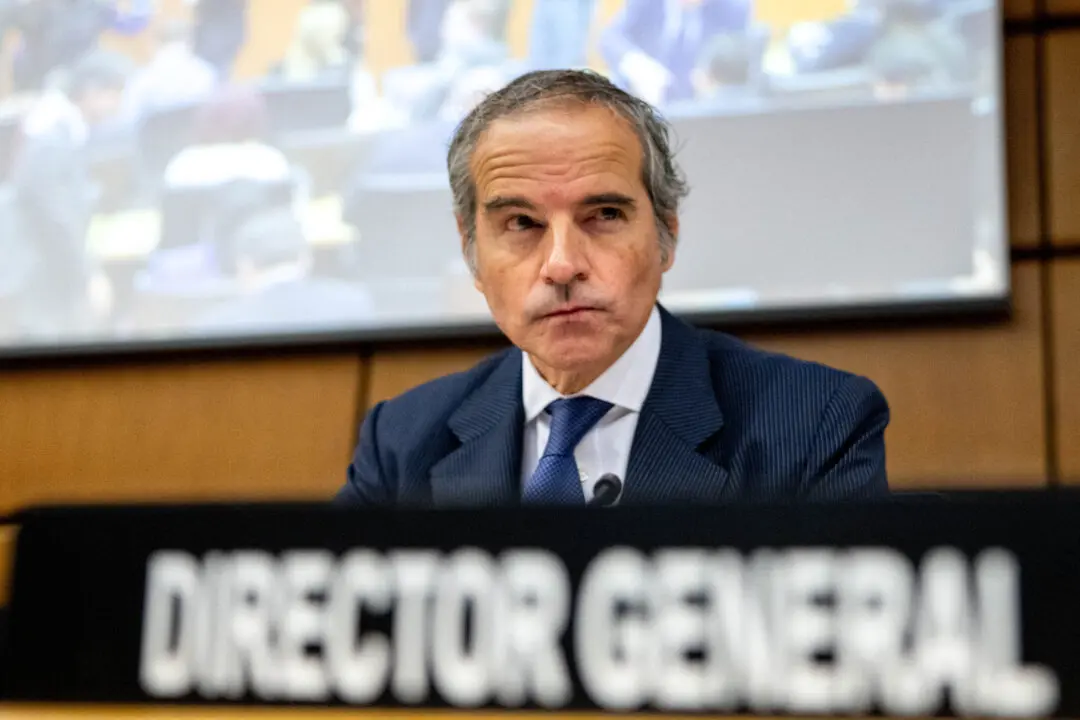The European Commission on March 11 proposed allowing member states to set up deportation centers in non-European Union countries for migrants whose asylum claims have been rejected.
For decades, countries in the bloc have struggled to expel asylum seekers whose claims were denied, both from their national territories and the European Union as a whole.





